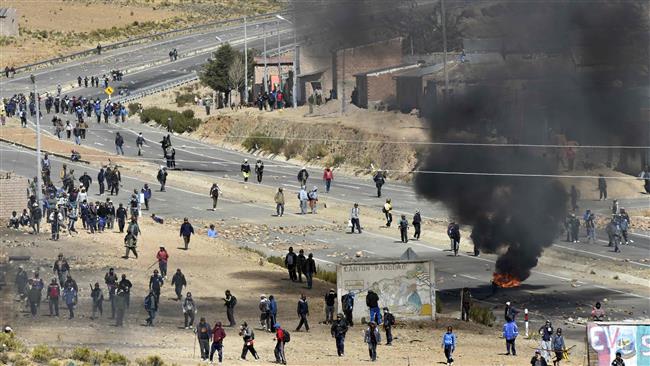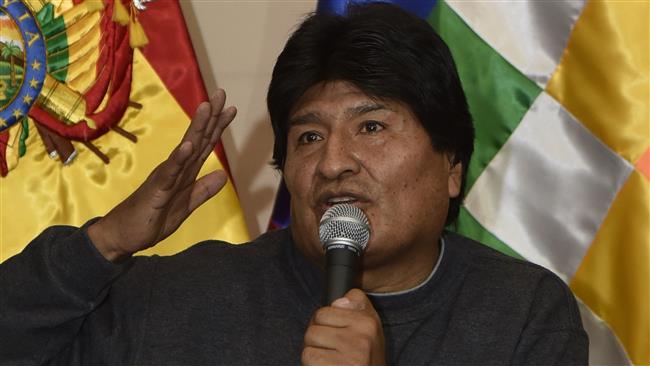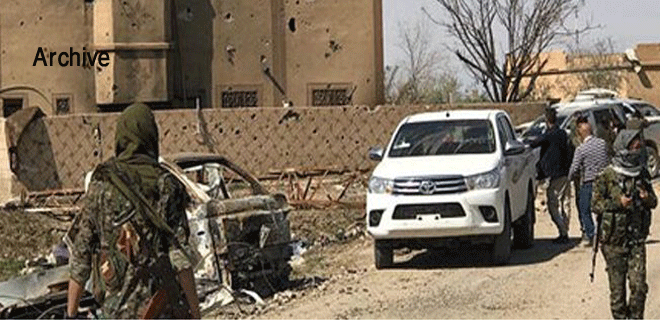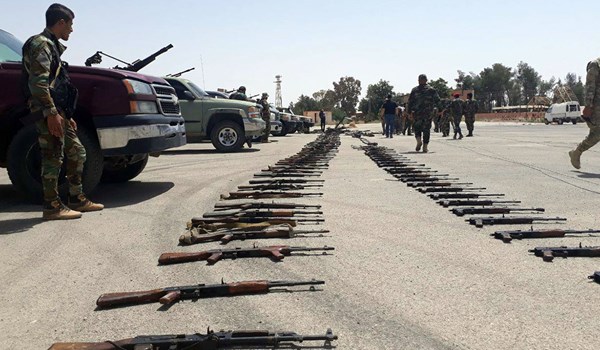Bolivian president says minister’s murder ‘political conspiracy’


Bolivian President Evo Morales has accused his political opponents of waging a “political conspiracy” for inciting major protests by the country’s miners that led to the brutal murder of a negotiating deputy minister.
“This is a political conspiracy, not a social demand,” Morales insisted at a Friday news conference, blaming his political opponents for provoking violent rallies by miners who reportedly bludgeoned to death Deputy Interior Minister Rodolfo Illanes on Thursday after he tried to negotiate with them at a roadblock they had set up in the western town of Panduro.
The Bolivian president further called for three days of official mourning, censuring the “cowardly attitude” of protesting miners and reiterating that his administration had “always been open” to negotiations.
Bolivian Deputy Interior Minister Rodolfo Illanes, who was killed on August 27, 2016 by miners. (AFP photo)
He also ordered judiciary authorities to find and bring to justice those responsible for Illanes’ murder as well as anyone who may have ordered the crime.
Illanes, who was also a lawyer and university professor, had visited the scene of the protests in an effort to hold talks with striking miners, who had armed themselves with dynamite and seized a number of highways, stranding thousands of vehicles and passengers.
Instead, the minister was taken captive by the miners and eventually murdered. His body and burned vehicle was found on the side of the highway.
Illanes’s bodyguard, however, escaped the scene after being stripped of his weapon, and was admitted to a clinic in La Paz.
An autopsy found he died from trauma to the brain and thorax. Police officers then raided the offices of the miners’ union and arrested 15 people.

Miners clash with riot policemen in Panduro, La Paz department, Bolivia on August 25, 2016. (AFP photo)
Illanes “was kidnapped, tortured and murdered,” Morales declared during his press conference.
Morales further blamed his political opponents for using a series of recent protests by disabled Bolivians, private transportation companies and now the National Federation of Mining Cooperatives (FENCOMIN) to destabilize his government.
“There is a political conspiracy in this FENCOMIN movement, and not a genuine social agenda for the mining sector,” he added.
“I feel this permanent conspiracy is using disabled people, using private transport and mining cooperatives,” he emphasized while also blaming “certain foreign interests,” without elaborating.
In a wave of protest rallies this week, miners had blocked roads and set off dynamite, demanding the right to lease their mining concessions to private or foreign companies. That is presently illegal in Bolivia, where all mines belong to the state.
Before Illanes’s killing, miners had agreed with the government to start negotiating on Friday morning, on condition they reopened blocked roads.




